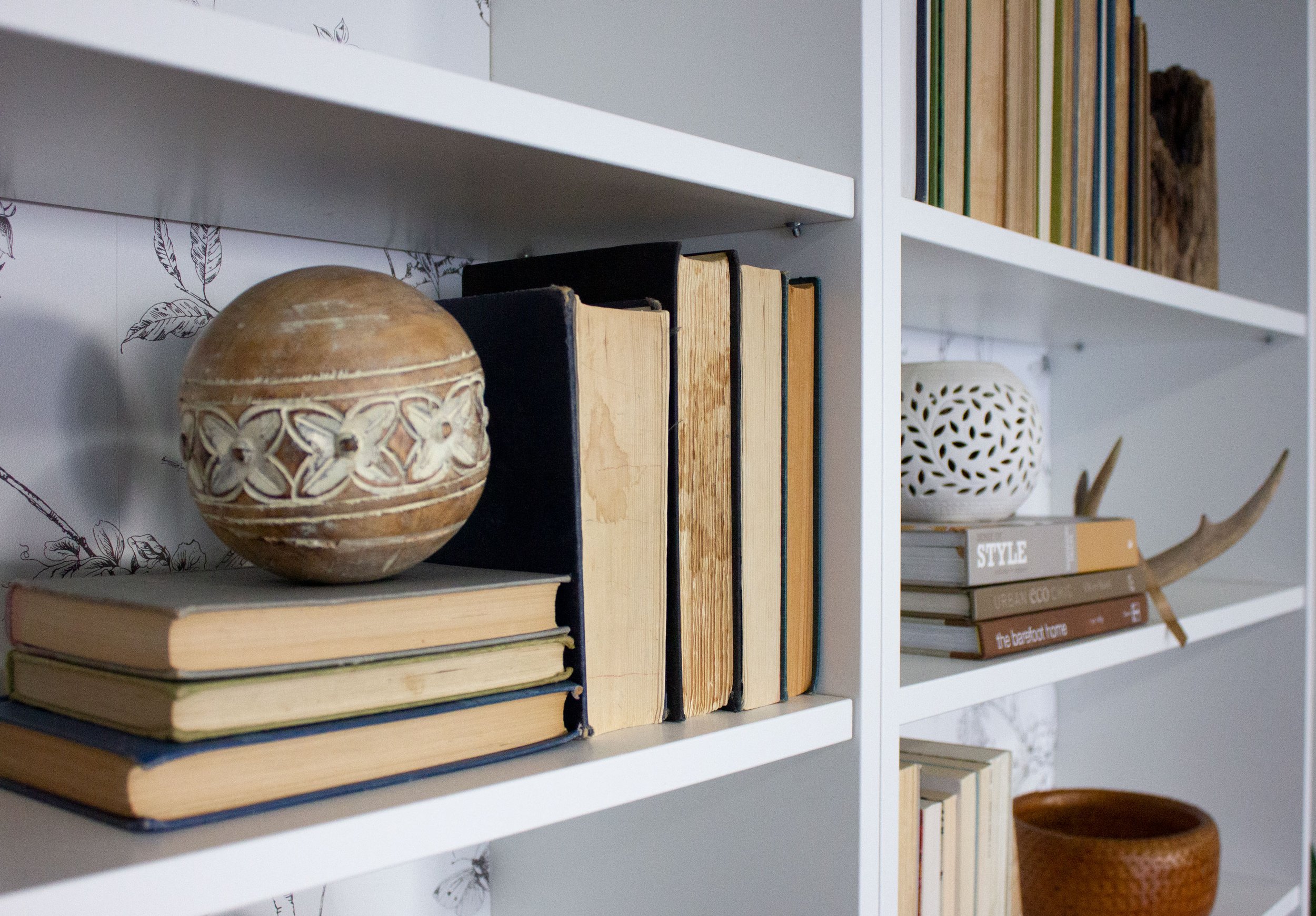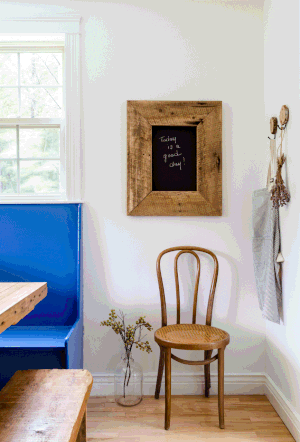5 Productivity Hacks So You Can Get Your Projects Finished
We seem to put a lot on our plates these days, both at work and at home. You're probably feeling the pinch and it seems like some of your projects are dragging on forever and you can't squeeze in even an hour a day to finish them. Or you do, but an hour just doesn't cut it, and it seems like you'll never get it done.
But are you being effective and truly productive with your time?
Or, like most of us, have you let so many seemingly urgent but ultimately unimportant distractions into your everyday life that you can't focus on the important things?
We're all in that same boat if we're not careful. Email, texts, meetings, requests from others, a leaky pipe, Insta scrolling - however well-intentioned, we often let the priorities of others and the whims of society dictate our time and desires. And suddenly we've taken on five new projects without finishing the first three.
When we say yes to everything and let non-essential distractions dictate our time we work in a perpetual state of shifting tasks and refocusing attention. This not only wastes valuable time, it means we're not doing our best work. And it creates fatigue and stress.
I'm not saying you need to say no to every new project. Just make sure you take on the essentials first, finish them, and then move on to the others.
To help get those projects finished, I wanted to share with you findings from my research on focus and flow and productivity in business and work, I believe there are five simple productivity techniques that can be applied to all parts of your life - including finishing projects at home.
5 PRODUCTIVITY TECHNIQUES TO HELP YOU FINISH YOUR PROJECTS
1. Essentialize
First, become an Essentialist and set your priorities. Organize your to-do list into essentials and non-essentials, and get rid of those that really aren't important or that don't align with your values and goals. Then separate what's left - your essentials - into large tasks and small. This will include your work stuff, family stuff, home stuff and personal stuff.
Note: I want to point out here that personal stuff absolutely needs to be on your essentials list. If you don't take time for self-care, play, and quiet time, you'll burn out quickly, your health will fail you and you'll never finish all those projects on your mind.
2. Batch
To make the most of your time, you'll need to first consciously be aware of how you're spending it. Do a quick time-tracking assessment over a day or two to figure out exactly how you spend each hour and each minute. I bet there are chunks of time you can regain by not having to search for your keys and wallet every morning or not checking your email or Twitter every 15 minutes. You'll also want to determine when you are at your best. Research says that we are most focused and productive within the first three hours after waking. But everyone is different, so determine when your best time of day is and make sure you use those hours to batch together and work on the most important things on your list.
Batching is grouping similar tasks using similar resources so that you can streamline their completion. It will allow you to minimize distractions and maximize concentration, creativity, and focus. You'll want to batch and work on the essentials that are similar - like client calls, spreadsheets, cooking healthy meals for the week, or writing. That means you're not hopping into these tasks whenever you have a few minutes; you're planning out designated chunks of time for them during the day or the week and giving them your full attention, making significant progress or even finishing them, and then leaving them until the next batch of time designated for them in your calendar.
3. Sprint
There are some big projects that will take a lot of time, both at work and at home. That living room you've been redecorating for the past six months that's only halfway done? Yep, that's one of them. I suggest that you get these projects completed in sprints. If it's important (and I would argue that it is since living in half-completion adds stress and chaos that affects your whole life) then drop pretty much everything else to dedicate your day to this one thing, and make a sprint to the finish line.
If it's a project at home, dedicate one whole weekend to completing it. Figure out other ways to get your kids to their hockey and dance commitments - perhaps other parents can pitch in this weekend while you do the same for them the next. Plan ahead and pick up all the materials you need so you're prepared and don't have to stop to go get something halfway through. And then spend all weekend just knocking it out and getting it done.
If it's a big work project, clear your calendar for two weeks, set goals for completion, and work only on that. I know that may seem impossible, and yes, you'll have to designate 30 mins or an hour at the beginning and end of each day for daily tasks like answering emails and meetings that can't be missed. But if you plan ahead by blocking out all non-essential meetings and preparing your team and clients for these two weeks of concentrated effort, you'll be able to get a huge amount accomplished and see real results. Two weeks is a reasonable amount of time to exert high effort and concentrate on only one thing. Then take a break - you'll need to mentally shift back to daily things or another task in order to recharge and see clearly again.
4. Achieve 1% Marginal Gains
Sprinting is not going to get every task on your list done. I know it's not realistic to sprint every week or weekend. Real life continues, and it may be overwhelming to even think about sprinting to the finish on some really big projects. That's ok, that's where achieving 1% marginal gains comes in.
Try breaking really big tasks down into small chunks and work to get just 1% done every day. You're not going to go from couch potato to running a marathon by training for two weeks. But if you do 1% more on your training program each day, you'll be able to simply begin and then continue to make gains that will compound until you reach your goal. Same goes for implementing a new system at work, writing that book, or for decluttering and organizing your kitchen. Do one tiny thing - for example, select just one underused kitchen appliance or dish each day and put it into the donation bin. Committing to a baby step gets the momentum going and gives you confidence in your ability to complete the project.
Finding the time to achieve marginal gains by taking small steps each day toward a goal or project means going back to your time mapping exercise and identifying little bits of wasted time you could be using to improve by 1%. Instead of surfing through your Facebook feed while waiting for an appointment, do some research for your book. Instead of listening to the same news for the third time on your drive home from work, listen to an audiobook instead and make gains on your reading list.
5. Partner Up
Finally, don't be afraid to ask for help! I don't know if it's our perfectionist tendencies that make us want to do everything ourselves, or modesty about not wanting to bother others, but we need to get over it and double up on resources to get things done. Call a friend to help, get your kids and spouse involved, ask a co-worker to take on some of the tasks, or even hire a professional simply for structure, ideas, and accountability. A partner can make all the difference in going from halfway to done.
So what project do you need to sprint on? What's your top essential task to get done this week or this month? Spend a little time this weekend essentializing and planning your projects and your time.





























